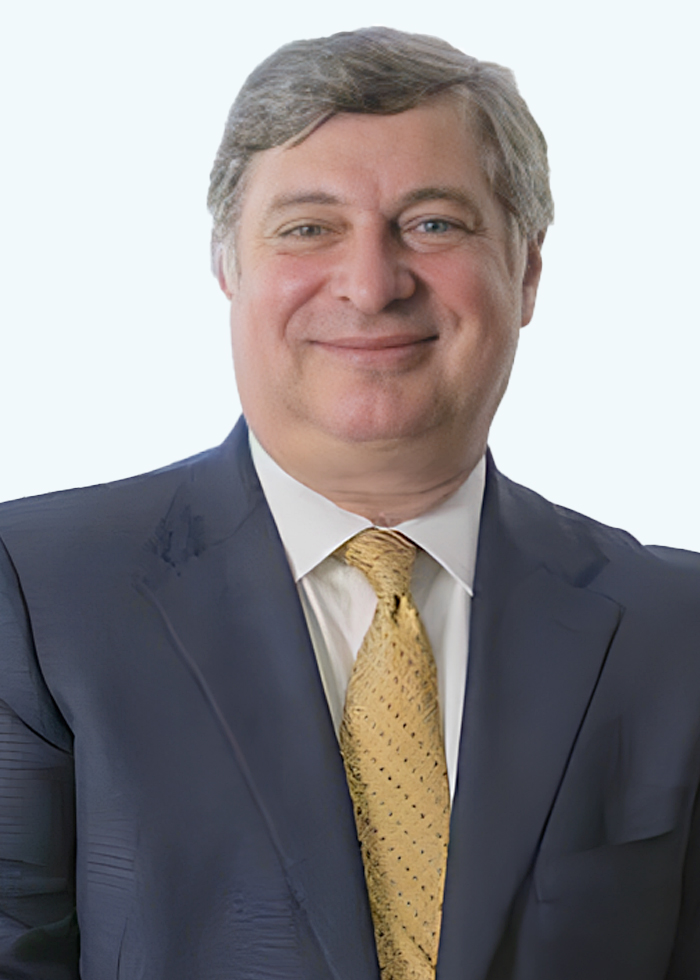written by Elizabeth Gearhart, Ph.D., patent agent at Gearhart Law
www.GearhartLaw.com
Can you get a patent on your invention after you die? Yes! To cite a famous example, Steve Jobs, the recent CEO of Apple, has received 141 patents since he passed away.Not surprising that one of the most inventive, sharpest business men in America would value patents so highly.
Now what happens? We thought we’d answer a few of the more obvious questions:
Q. Who gets the rights to those patents and what happens if an inventor has passed away before the patent has issued?
A. Since patents are ‘intellectual property’, they are treated like property. The rights of an inventor can be transferred or sold (assigned), or passed down as part of his/her estate. If, for instance, your parent had a patent and passed away while it was still valid, he/she could bequeath the rights to the patent to you in their will, and you would own the patent to either sell or to use yourself. If the patent application had been filed but the patent hadn’t yet been allowed or issued, the rights to the application pass down to you and you can assign the application or prosecute the patent application to issuance of the patent itself if you so choose.
This is true even if the inventor is still alive. He/she can assign their patent rights to another individual or to a company. This is often done when someone sells their patent, or when they work for or own a company and assign their rights to the company. For instance, Apple’s latest patent, “Display screen or portion thereof with graphical user interface” issued on December 2, 2014, has four inventors, two in Cupertino and two in San Francisco, but the patent belongs to Apple as the assignee.
Q. What happens if you just leave the deceased inventor off of the patent application?
A. Bad things can happen, that’s what. If all of the inventors aren’t listed on a patent application, the patent that issues can be ruled invalid. Then everyone loses their patent rights, even the living inventors.
This is true too if all inventors are living and one or more are left off of the application. In the case where one inventor has a dispute and refuses to sign the patent filing papers (the declaration, for instance), the patent application can still be filed with a statement saying that the inventor refused to sign. But his/her name must be on the application as an inventor or the patent can be invalidated.
Q. If I inherit a patent and want to sell my rights, but there are other inventors, can I sell just my rights?
A. Yes, absent any previous agreements that would prevent your doing otherwise. It would be wise to consult an attorney first in this case. Once you sell your rights, however, you have no say in how the patent is managed. The rights to that go to the assignee, and the other inventors retain their rights. They get to control how to use the patent to make money. If you’ve sold your patent for an on-going share of the income from sales of the product it protects, you should make sure you have an attorney review the contract to make sure there are clauses that help ensure that the assignee makes a good faith effort to sell the product.
If you sell a patent application instead of a patent, the assignee and other inventors get to decide how best to prosecute the application and you get no say in it.
If you have any questions about patents, trademarks, or copyrights, feel free to call us at Gearhart Law at 908-273-0700 or email us at hello@www.gearhartstg.wpenginepowered.com
Back to Steve Jobs and his patents:
The Smithsonian Institute has put together an online exhibit of Steve Jobs’ patents and trademarks titled:
The Patents and Trademarks of Steve Jobs: Art and Technology that Changed the World
You can access it at:

